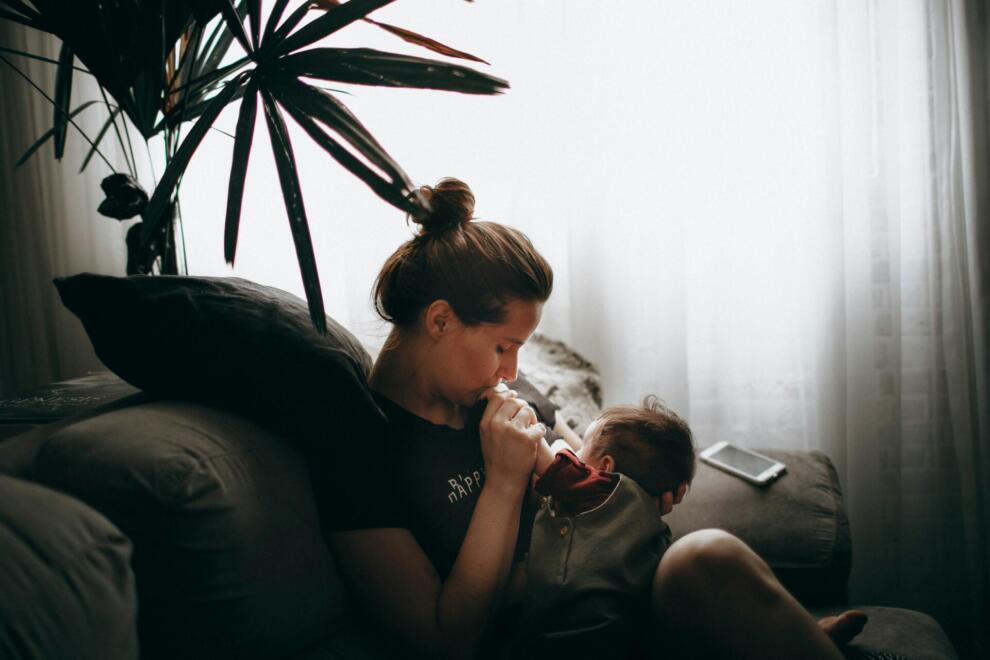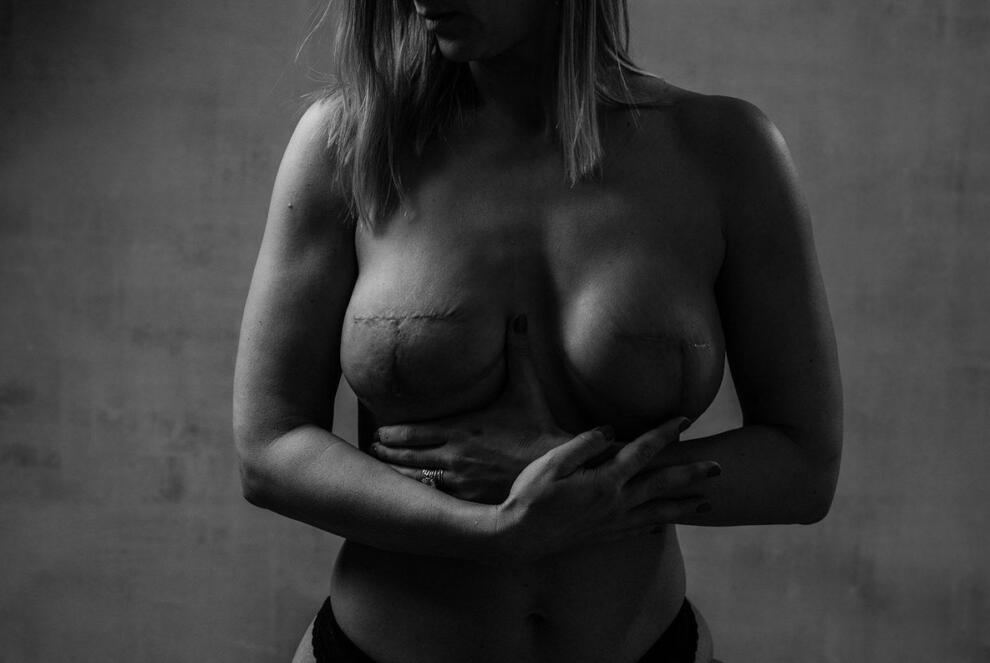A Bloody Good Conversation We All Should Be Having
Every day, over 300 million people around the world have their periods. People on the bus, the barista who made your coffee this morning, your boss – all could be menstruating. We don’t talk about it and many of us don’t fully understand the details but despite misinformation, there are beliefs we hold about menstruation.
Menstrual Health Day, also known as Menstrual Hygiene Day is on May 28. This day aims to start and continue conversations, spread awareness and educate people around menstruation and menstrual hygiene. Breaking the stigma around periods, heavy flows, period products, hygiene and menstruation will empower girls and women everywhere. This year, the theme of Menstrual Hygiene Day is #PeriodFriendlyWorld bringing non-profits, governments, the private sector, and millions of individuals together to increase awareness and action against the taboos, misinformation and stigma surrounding menstruation. The aim is for a world where everyone has access to quality menstrual products, period education and period-friendly facilities. A time where there is no shame and no mystery around having your period.

“A #PeriodFriendlyWorld, is one that invites all people with all flows to have solutions that work for them. Despite heavy flows being a common occurrence with many menstruators, there is still a massive lack in products available,” shares Sara Jónsdóttir, founder of Revol Cares, a leakproof underwear brand creating a space where everyone is Free to Bleed.
The first step towards action is conversation. Normalizing periods and menstrual cycles benefits everyone and will facilitate government support in providing sustainable solutions and reusable menstrual products. Menstruation is a normal and healthy part of life for most women and girls, let’s treat it that way.
Breaking Taboos
Menstruation has been surrounded by myths, taboos, and misconceptions for centuries. In many cultures, there are feelings of shame, embarrassment, and secrecy among women and girls. This silence not only perpetuates stigma but also disrupts access to accurate information and essential menstrual products. Open discussions about periods promotes menstrual health education challenging harmful beliefs and misconceptions.
“One of the common tropes in mainstream media is that menstruation is shameful which sets an unfortunate precedent in the minds of young people who absorb so much from popular culture,” shares Tricia Stevens, who manages Strategic Partnerships Kahani Pictures, a social impact production company currency investigating menstrual equity. “We believe that the opportunity to change this narrative lies in responsible, accurate, and diverse representation of menstruation in media. Stories have the power to shape our society.”
Access to Menstrual Products
Access to menstrual products is a basic human right, yet millions of women and girls around the world do not have affordable and hygienic options. This lack of access has severe consequences, including school absenteeism, limited employment opportunities, and adverse health outcomes. All individuals deserve access to menstrual products, such as reusable underwear, menstrual cups and cloth pads or single use pads and tampons. By making safe, reusable menstrual products publically available without cost, we can alleviate financial burden and ensure that menstruation doesn’t negatively impact a woman’s healthy and productive life.
Empowering Women and Girls
Empowering women and girls to manage their menstrual health with dignity and confidence is essential. Empowerment comes through education, access to resources and products, and the destigmatization of menstruation. When women and girls are educated about their bodies and have access to menstrual products, they can participate fully in school, work, and social activities without fear or shame. Moreover, empowering women and girls in this aspect of their lives contributes to broader efforts toward gender equality and women’s rights.
“It’s so important to normalize conversations around menstrual health. Periods can be an incredible tool to understand your body. Similar to vital signs like blood pressure and body temperature, your period can tell you a lot about the state of your body. Tracking your cycle can offer insight into changes in your health and being equipped with that information allows more informed conversations with healthcare providers,” says Jónsdóttir. “When we remove the taboo around this very normal bodily function, we help close the gender health gap and we open up the opportunity to be empowered.
Environmental Sustainability
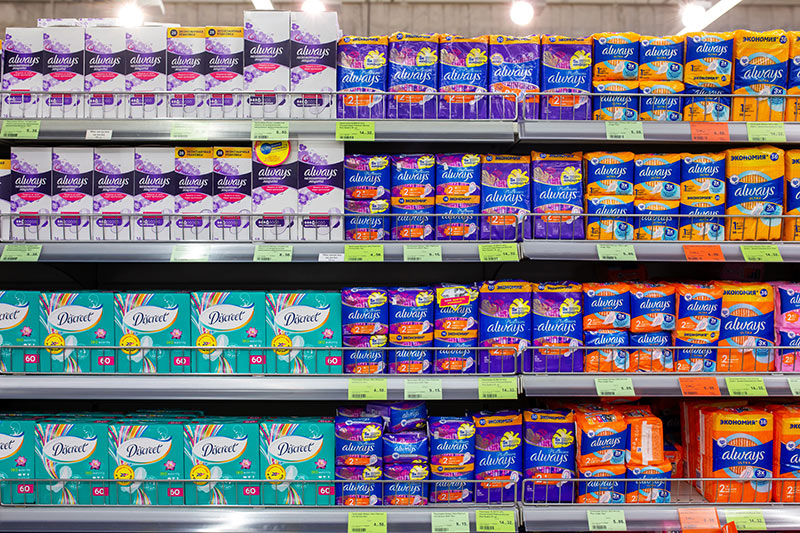
Each person who menstruates will use between 5,000 and 15,000 pads and tampons and throw away approximately 400 pounds of period product packaging, according to Global Citizen. Disposable menstrual products contribute to significant environmental waste, including plastic pollution and landfill accumulation. Alternatives like period underwear, menstrual cups and reusable cloth pads offer more environmentally friendly options. Making sustainable menstrual products available and accessible will reduce the environmental impact of menstruation and lessen the cost and impact on women without regular access to supplies.
It’s bloody important
“Responsible, inclusive, and accurate representations of periods are crucial in combating period stigma and promoting menstrual health, shaping a society that embraces and supports menstruation,” continues Stevens.
By breaking taboos, promoting access to menstrual products, empowering women and girls, and considering environmental sustainability, we are addressing the ongoing challenges and opportunities in menstrual health and hygiene. Menstruation should not be a barrier to health, education, and gender equality. On May 28, Menstrual Health Day, let’s continue the conversation and advocate for change, to ensure that every individual can manage their menstrual health with dignity and respect.
HOW YOU CAN CREATE IMPACT:
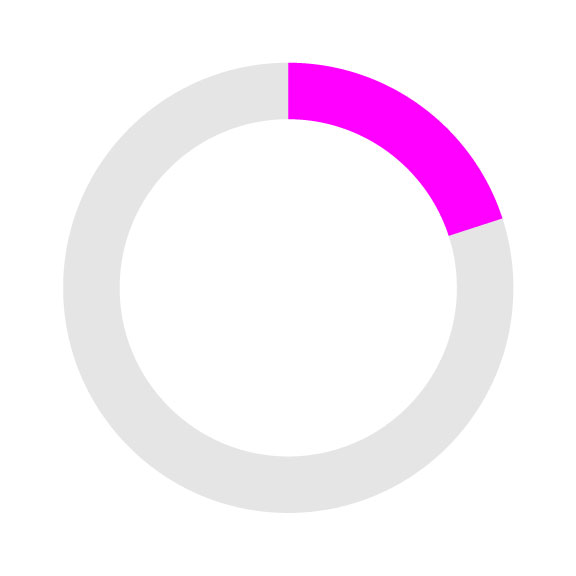 5 MINUTES: Learn about menstruation. Free Periods is a great resource: https://www.freeperiods.ca/resources
5 MINUTES: Learn about menstruation. Free Periods is a great resource: https://www.freeperiods.ca/resources
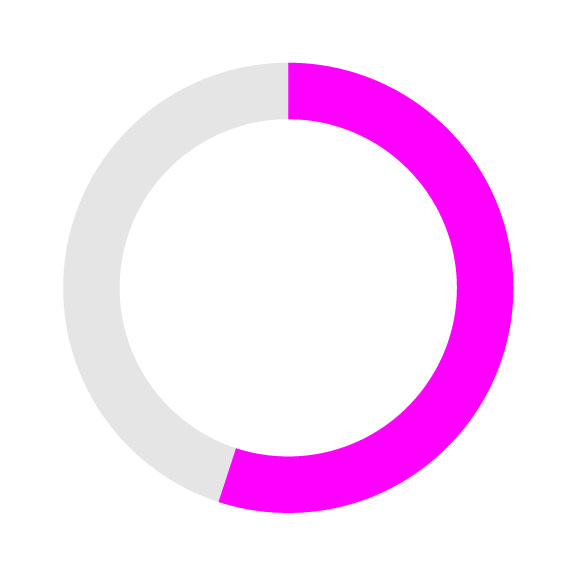 5 DOLLARS: Use reusable menstruation products like Revol Cares. https://getcares.com/collections/classics
5 DOLLARS: Use reusable menstruation products like Revol Cares. https://getcares.com/collections/classics
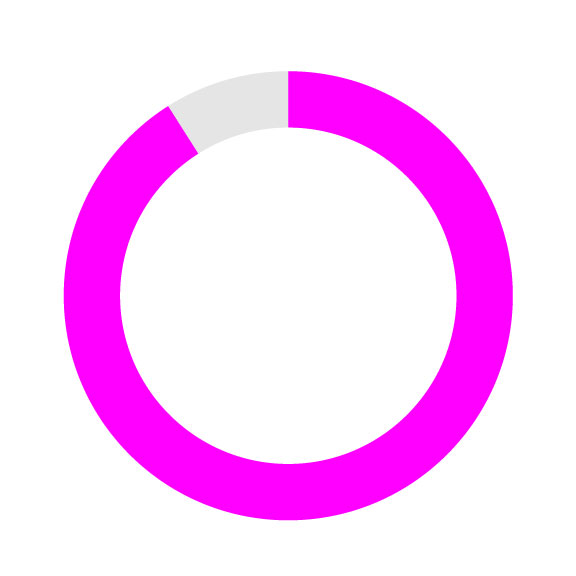 5 DAYS: Become a supporter and drive change at a global scale https://www.menstrualhygieneday.org/participate/supporter
5 DAYS: Become a supporter and drive change at a global scale https://www.menstrualhygieneday.org/participate/supporter



